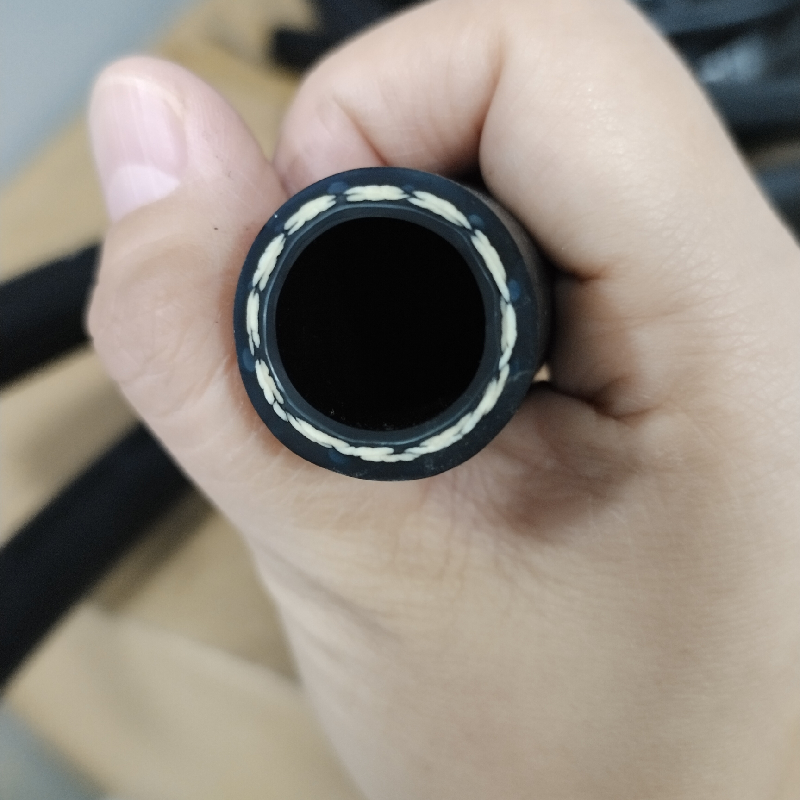petrol fuel line
Oct . 05, 2024 22:49 Back to list
petrol fuel line
Understanding Petrol Fuel Lines Importance and Maintenance
Petrol fuel lines play a critical role in the overall functionality and performance of internal combustion engines. These lines, often made of rubber or reinforced material, are responsible for transporting petrol from the fuel tank to the engine, ensuring that the engine receives an adequate supply for combustion. While these components are often overlooked during routine vehicle maintenance, their importance cannot be overstated. Proper maintenance of petrol fuel lines is essential for ensuring the vehicle runs smoothly, efficiently, and safely.
Structure and Functionality
Fuel lines are designed to withstand high pressures and temperatures that occur during engine operation. They must also be resistant to the corrosive properties of petrol. Generally, fuel lines are composed of high-quality plastic or rubber, which is both flexible and durable. The fuel system of a vehicle often consists of several components, including the fuel tank, fuel pump, fuel filter, and the fuel injectors. The fuel line connects these parts, facilitating the flow of petrol needed for combustion.
Signs of Wear and Tear
Over time, petrol fuel lines can experience wear and tear due to exposure to heat, pressure changes, and the chemical properties of fuel. Common signs of a deteriorating fuel line include fuel leaks, a strong smell of petrol, and fluctuations in engine performance. Drivers may also experience issues such as difficulty starting the engine, stalling, or a decrease in fuel efficiency. It is crucial to be vigilant about these symptoms as they can indicate a failing fuel line that may lead to more significant mechanical problems if left unaddressed.
Importance of Regular Maintenance
petrol fuel line

Regular maintenance of petrol fuel lines is vital for vehicle safety and performance. Technicians recommend periodic inspections to check for signs of wear, cracking, or leaks. In some cases, fuel lines may become clogged with debris or corroded from the inside, which can hinder fuel flow and affect engine performance. It’s advisable to also replace the fuel filter regularly, as a clogged filter can lead to increased pressure in the fuel lines, causing potential damage.
If a fuel line fails, it can pose a serious safety hazard, potentially leading to fuel leaks, engine fires, or explosions. Therefore, maintaining the integrity of these components is not just about keeping the vehicle running; it’s also about ensuring the safety of the driver and passengers.
Replacement and Upgrades
When it comes to replacing faulty fuel lines, it is essential to use high-quality replacements that meet or exceed manufacturer specifications. Upgrading to modern materials, such as stainless steel or reinforced rubber, can provide greater durability and resistance to wear and tear. Furthermore, it’s advisable to have a professional mechanic handle any fuel line replacements, as they require specific knowledge and tools to ensure a secure fit and proper installation.
Conclusion
In summary, petrol fuel lines are a vital, yet often overlooked, component of vehicle performance and safety. Regular inspection, maintenance, and timely replacement can prevent significant issues and ensure that the vehicle remains in optimal condition. Drivers should remain vigilant about the condition of their fuel lines and seek professional assistance at the first sign of trouble. By prioritizing the integrity of petrol fuel lines, vehicle owners can not only enhance performance and efficiency but also safeguard against potentially dangerous situations. Proper attention to this essential element of the fuel system will ultimately contribute to a smoother, safer driving experience.
